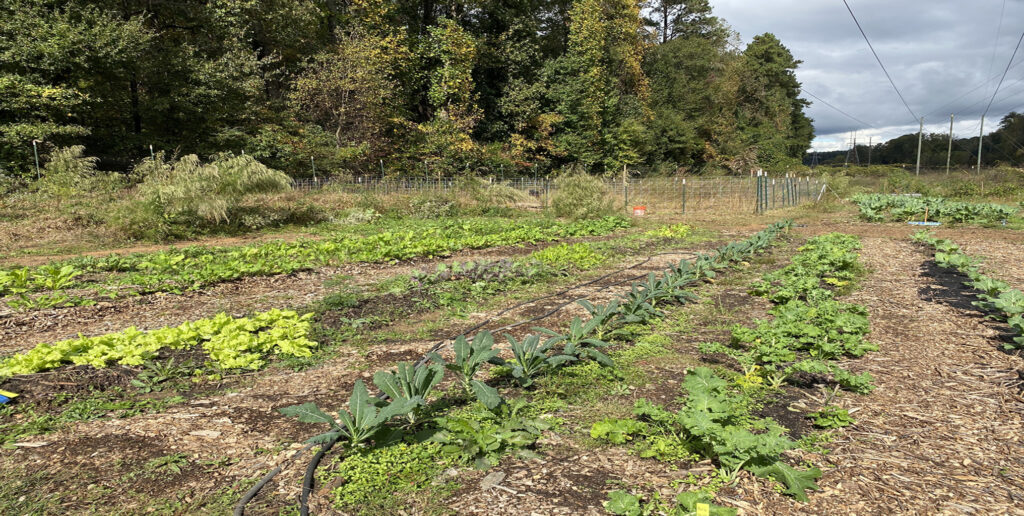
It’s always a privilege to volunteer at local community gardens around the city of Atlanta and today was no different. Community gardens provide space for growing fresh and healthy produce and herbs.
Today’s volunteer activity took place at Gratitude Botanical Farm, organized by Black to Earth. This community garden is right in the heart of Bolton Road and produces everything from fresh basil, lavender, collard greens, apples, carrots, and the list goes on! We were all tasked with varying jobs but together we contributed to the sustaining of this garden through the next few weeks (especially since the season/weather is about to change).
We learned about the history of the land and its Native American roots. We learned the nutritional and healing value of certain herbs for cuts and migraines. And we were even able to take home a few roots to propagate 🙂
Here are reasons you should be involved with community gardens near you:
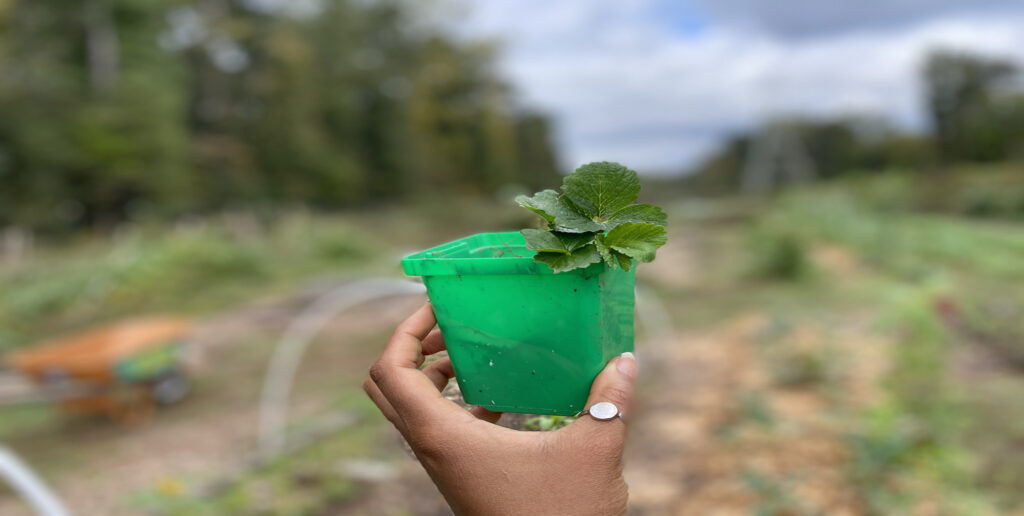
Food access
Over the past few years there’s been a surge in community-based food access initiatives. Atlanta in particular has a great program called AGLanta where residents can apply to create and maintain an urban garden in their community.
Having designated gardening areas can help improve air and soil quality, reduce neighborhood waste through composting and improve food security. Some low-income areas have food deserts which means there’s a lack of access for fresh healthy foods and a community garden can be a great alternative in these areas.
“Gardens in urban areas positively correlated with decreased crime rates. Gardens can also improve economic opportunities by training volunteers and selling food at farmers markets.” This can help improve quality of life and build community engagement and attentiveness.
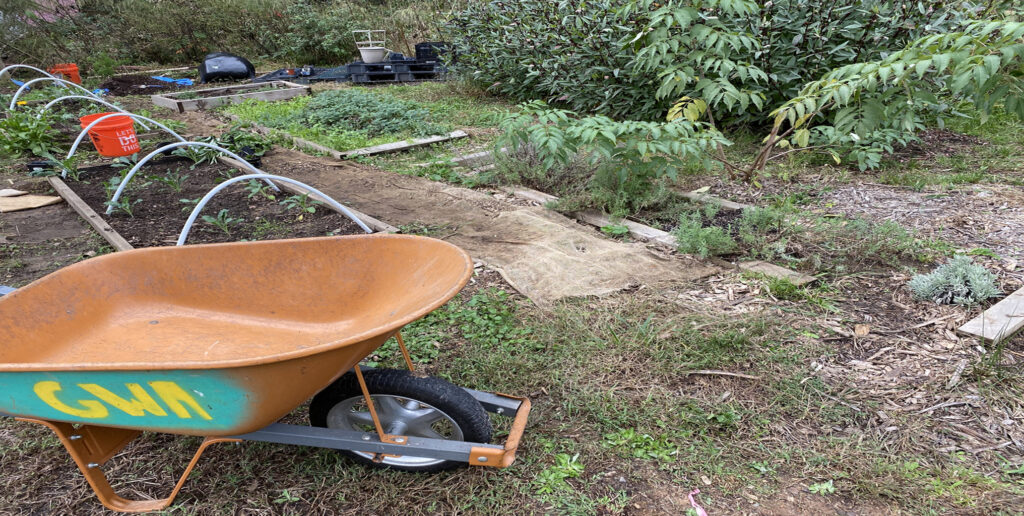
Health benefits
There are many health benefits to having a community garden. It can help reduce the risk of obesity and chronic conditions by increasing one’s organic fruit, herb and vegetable intake. It’s also used to combat mental health disorders through horticultural therapy, which is a field dedicated to using gardening as a tool for healing. Gardening can also provide exercise and physical labor.
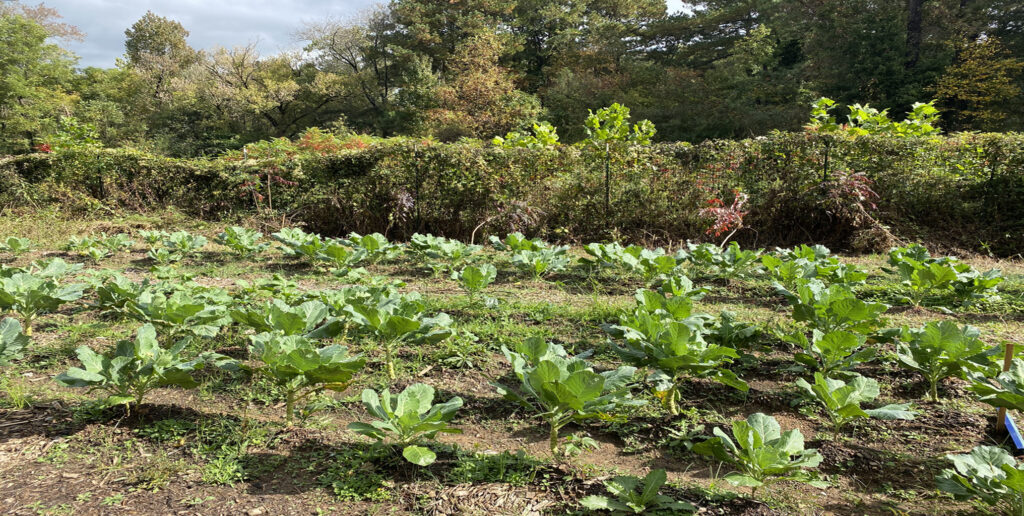
Education
I learn something new every time I work in a garden. There are millions of plant species and it’s always astonishing to me how produce flourishes in certain environments. Soil maintenance and location are extremely important for a healthy thriving garden. And it’s even more important to teach others about sustaining and understanding different ecosystems.
Community gardens are great for children and schoolyards. It promotes responsibility for adolescents and encourages them to seek out the world and earth around them. We know kids aren’t always keen on eating veggies and fruits but having first hand experience in growing one’s own produce can change and improve their attitude towards healthy eating and living.
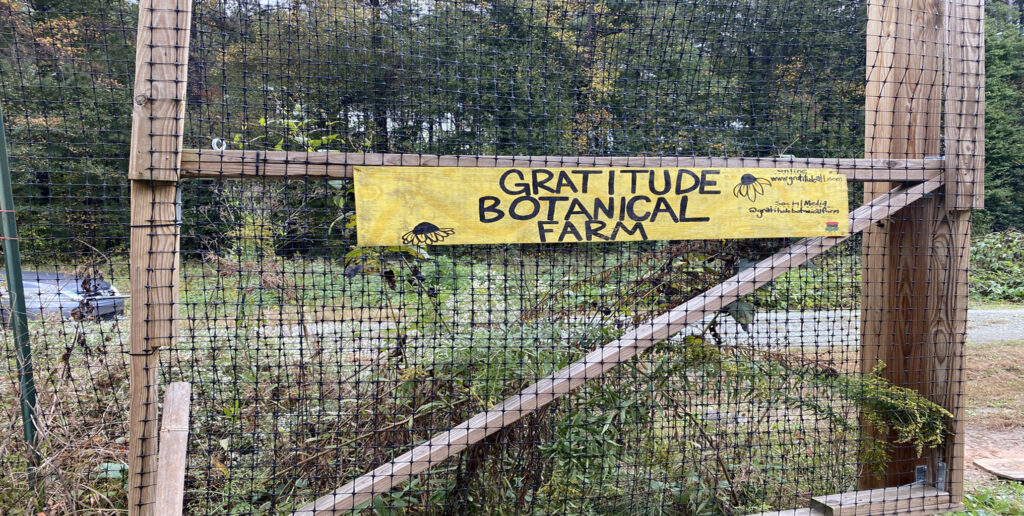
Building community
There’s more value in community gardens beside fresh nutrition and education. “Community gardens provide the opportunity for people in marginalized groups to fully participate and take on leadership roles.” As I was volunteering today, it became so simply evident that the garden wouldn’t exist without the community’s help and input. We are all stronger together. I was able to meet wonderful people from all walks of life, and build relationships with the group organizers. We need more community gardens in deficient neighborhoods so we can have more resources, distribution and opportunities.
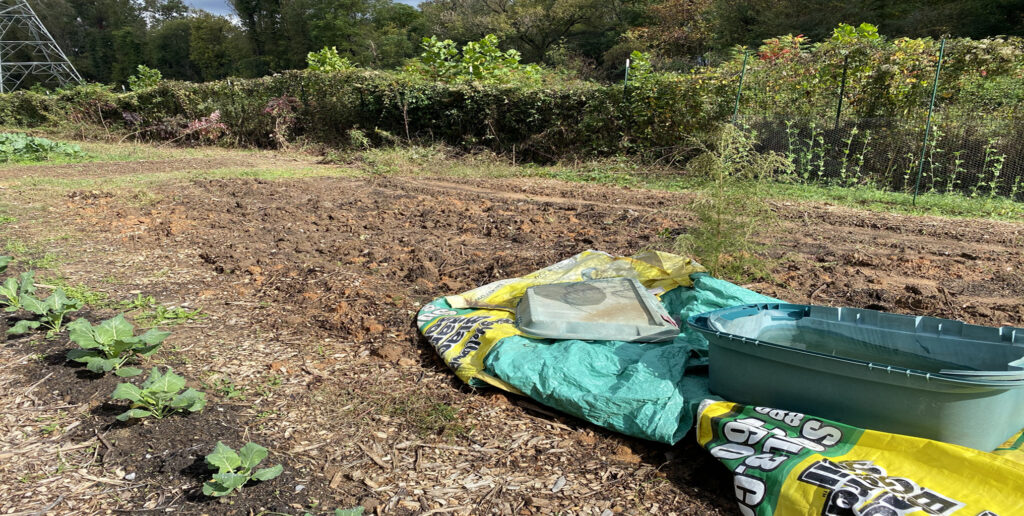
Economic impact
There’s also a lot of untapped economic opportunity for growers to build and buy vacant land and real estate through grants or community-investing funds. Residents can learn self sufficiency through skills in planting and agricultural programs. The food production business is a billion dollar industry with trillions of food waste each year. There are many emerging programs and companies that are seeking to reduce waste and invest back in communities across the United States. If you’re passionate about gardening, food production or want to learn how it all works together, learn more here.
Get going and give back to the earth. Find a community garden near you, if you’re not sure how to find one or if you’re interested in more volunteer activities, email me at scenicaffairs@gmail.com.
Plantfully yours, Carrie
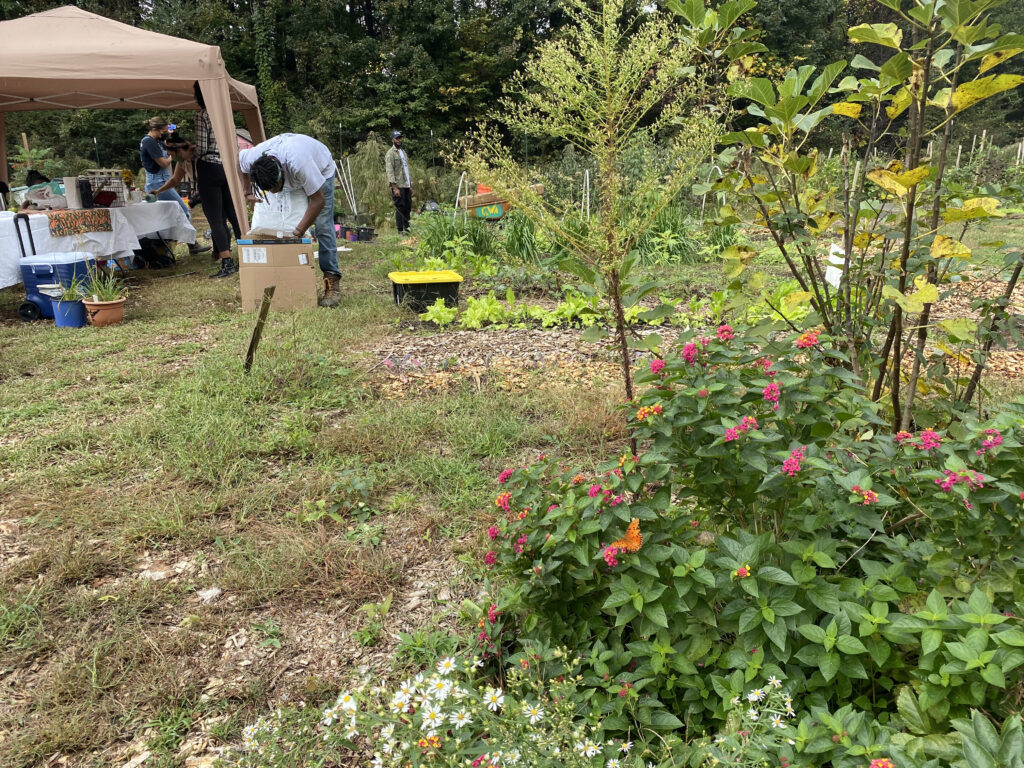
Resources & references
The Urban Garden Initiative
https://www.theurbangardeninitiative.org/
Greenleaf Communities
https://greenleafcommunities.org/the-many-benefits-of-community-gardens/
Sustainable Food Center
Horticultural Therapy
https://www.ahta.org/horticultural-therapy
Co-op Research and Extension Services
https://www.usda.gov/topics/rural/cooperative-research-and-extension-services
AGLanta
https://www.aglanta.org/urbangarden
Gratitude Botanical Gardens
Food Loss and Waste | Food and Drug Administration
Sustainable Management of Food | Waste Food Programs and Resources Across the United States


My mom always says, “playing in the dirt brings me joy!” This post is evidence that there are so many benefits to community and personal gardens — as a plant mom, I know that horticultural therapy is real. Such a great post that highlights ways we can giving a helping hand in our own communities!
Im thankful for the article post. Much thanks again. Really Great. Germaine Richard Faye
Pretty portion of content. I simply stumbled upon your weblog and in accession capital to say that I get in fact loved account your weblog posts. Zarla Chas Lainey
This was a great read! I enjoy visiting and volunteering with different gardens groups as well. I haven’t in a while but you’ve inspired me to look into the links in preparation for spring season!
There as certainly a lot to find out about this subject. I love all of the points you have made. Ema Orson Currie
You made some respectable points there. I seemed on the web for the issue and found most people will go together with along with your website. Rene Timotheus Archle